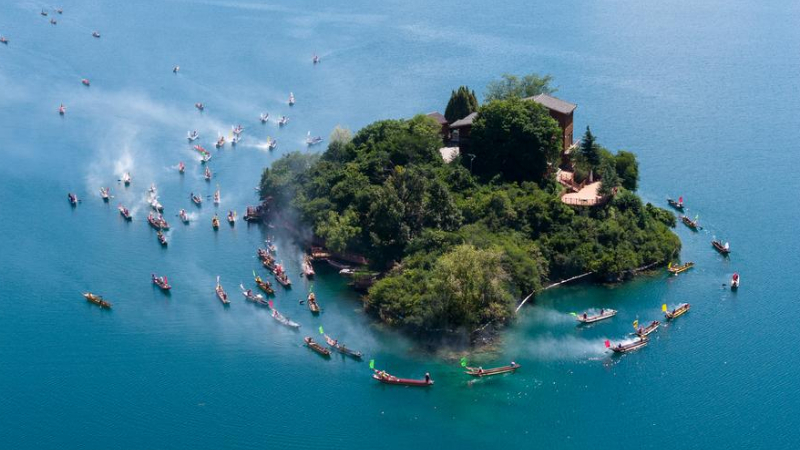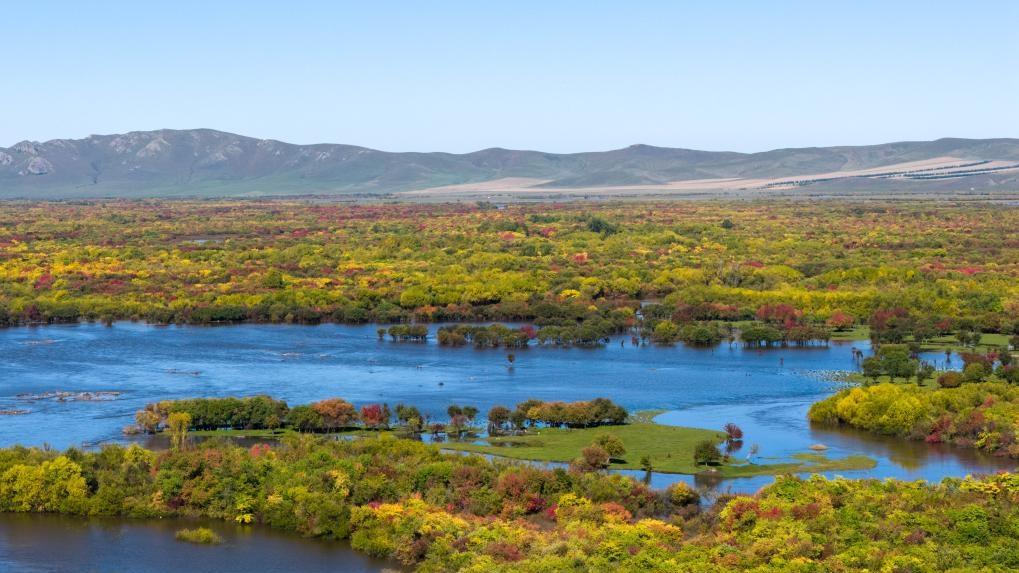Primary Amoebic Meningoencephalitis claims 19 lives in India's Kerala
NEW DELHI, Sept. 18 (Xinhua) -- The southern Indian state of Kerala has been grappling with Primary Amoebic Meningoencephalitis (PAM), commonly known as brain fever, which has claimed 19 lives since the beginning of this year, officials said Thursday.
According to health officials, the disease is caused by a microscopic parasite known as Naegleria fowleri, more commonly referred to as the brain-eating amoeba.
A spike in PAM cases has been witnessed across the state, following which the health department sounded an alert.
"We did have 69 cases, and out of these, 19 deaths were reported," local Kerala health minister, Veena George recently told media. "We all know this Amoebic Meningoencephalitis has a high mortality rate of 99 percent."
PAM is a rare but highly fatal brain infection caused by free-living amoebae found in contaminated water. The infection is caused by the amoeba Naegleria fowleri, which thrives in warm, stagnant freshwater such as ponds and lakes.
Doctors say the infection occurs when contaminated water enters the nose, allowing the amoeba to reach the brain. Although infection occurs very rarely, it almost inevitably results in death, with a mortality rate of 95-98 percent.
Photos
Related Stories
- 17 die, 13 missing in flash floods, landslides triggered by heavy rains in India's Dehradun
- India's exports rise, imports fall in August
- 7 dead in west India road mishap
- 2 paramilitary troopers wounded in IED blast in India's Chhattisgarh
- India's Kerala reports 6th Primary Amoebic Meningoencephalitis death
Copyright © 2025 People's Daily Online. All Rights Reserved.









